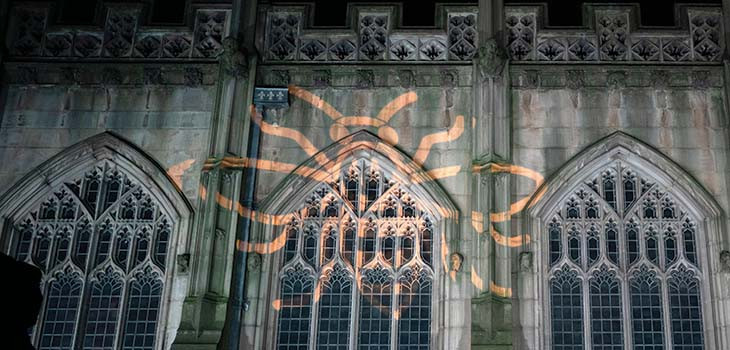
- The inquiry into the Manchester Arena bombing in 2017 has exposed a multitude of issues leading up to and surrounding the attack.
- Areas examined by the inquiry include security arrangements at the arena; the response of the emergency services; and the radicalisation of the bomber and the preventability of the attack.
- The inquiry chair has emphasised the need to ensure that its recommendations are fully implemented, so that it may leave a lasting legacy of improvement.
On 22 May 2017, Salman Abedi, a young man born in Manchester but of Libyan parentage, detonated a homemade improvised explosive device at the Manchester Arena. Abedi seems to have been motivated by the ideology of the Islamic State. The bomb exploded at the end of a concert by the American pop singer Ariana Grande, in an area









